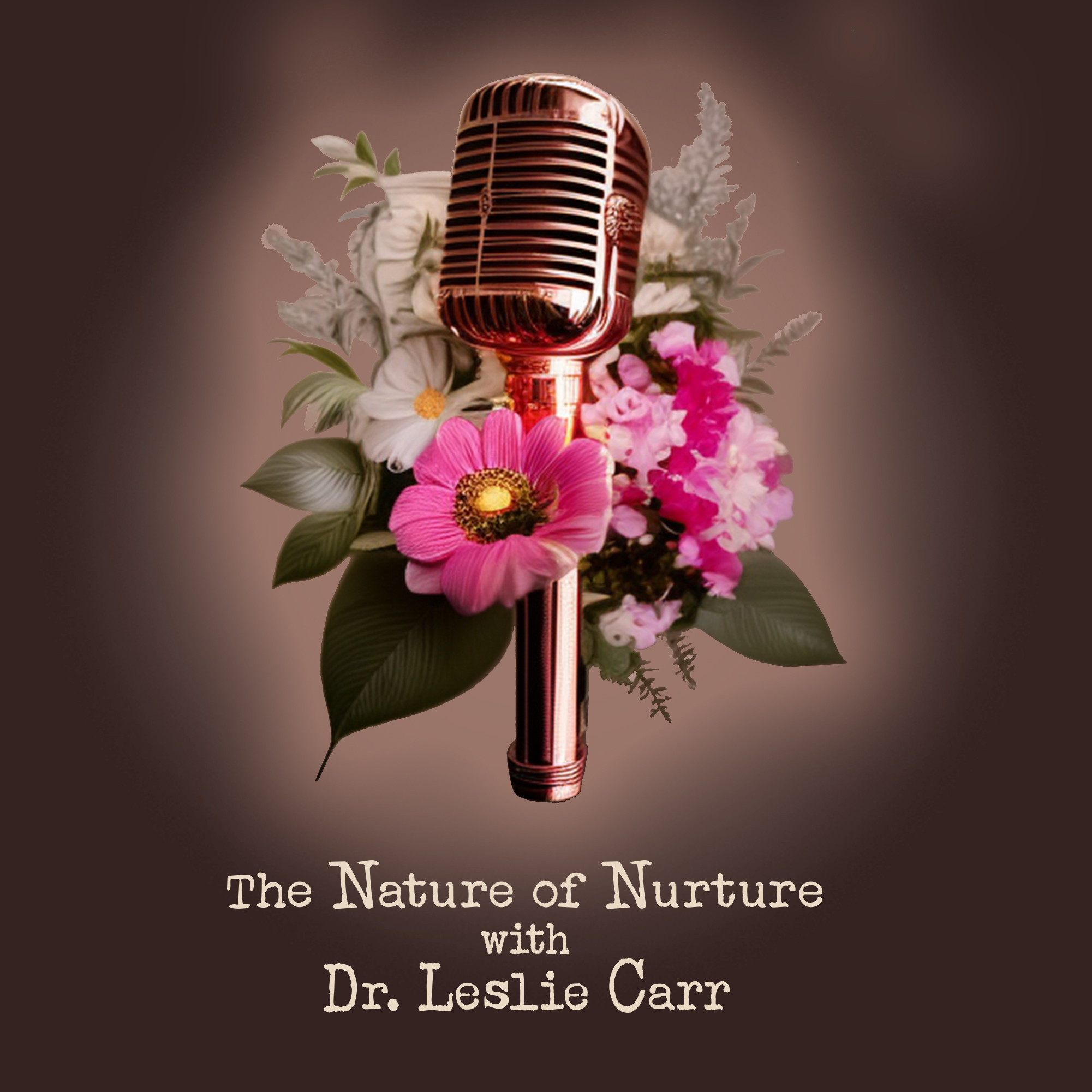If you’re like most people, my guess is that – at least some of the time – you feel a little blue or a little anxious. Maybe you feel more than a little that way.
Regardless, figuring out the why can be tough, right? Especially when you’re constantly being told to “think positively,” or to stop complaining about your “first world problems.”
What you might not know is that those messages may, in fact, be causing or exacerbating those negative feelings. Your feelings might be out of control precisely because you keep pushing them down and trying to make them go away.

Here’s my problem with “first world problems”:
Rates of depression and anxiety have skyrocketed in developed nations, especially in the U.S., over the course of the past few decades. This has occurred in tandem with very specific trends in our broader culture.
We (collectively) have never been under so much stress and economic uncertainty, we’ve never been under more pressure to perform at work — oftentimes around the clock due to technological availability — and, most importantly, many of us have never been so isolated.
The internet, wonderful as it may be, has a lot of people preferring to “Netflix and Chill” rather than spending quality time with the people they care about, and this is a big problem because our brains are hardwired for relationship.
No matter how hard we fight it, human beings are bioengineered to exist in relationship – to prioritize being with other people, to value listening and feeling heard.
Sadly, for many of us, even when we’re with other people we don’t feel heard. Have you ever had the following experience? Be honest:
You open up to someone about something that’s been bothering you, and the other person tries to make you feel better by telling you to “focus on the positive.”
Did it help? Maybe – but I’m guessing that it only worked if you felt truly heard before the problem solving began. Otherwise you probably just felt dismissed, right? Unheard? Misunderstood?
Here’s the deal:
We get super-messed-up messages in our culture about how to handle our feelings, primarily because we don’t feel justified in having feelings unless something really bad is going on.
You may feel “justified” in feeling depressed if someone you love is dying, but you’re not “justified” in feeling depressed if your marriage is unhappy, or if you feel disconnected from your social relationships, or you’re stuck working at a job you hate (60+ some odd hours per week).
But if I can be real with you for a moment, this is exactly what depression is caused by. Yes, sometimes depression can be created by a biological imbalance, but far more often our despair is directly related to something that’s happening in our lives – something that we’re either trying to, or being told to, ignore is making us unhappy.
We feel sad, we feel lonely, we have natural reactions to uncomfortable life events. These feelings turn into depression when we deny them, disavow them, or tell ourselves that they don’t justify the way we feel.
Ironically, relief comes the moment we allow ourselves to just feel our feelings.
Relief comes when we acknowledge that we have a need that’s not being met, or when we feel truly heard by someone who’s willing to listen.
Yes, perspective is necessary, but you deserve to feel your feelings.
As it turns out, “first world problems” can actually be pretty serious.
 If you liked this article you can click here to tweet it.
If you liked this article you can click here to tweet it.


















